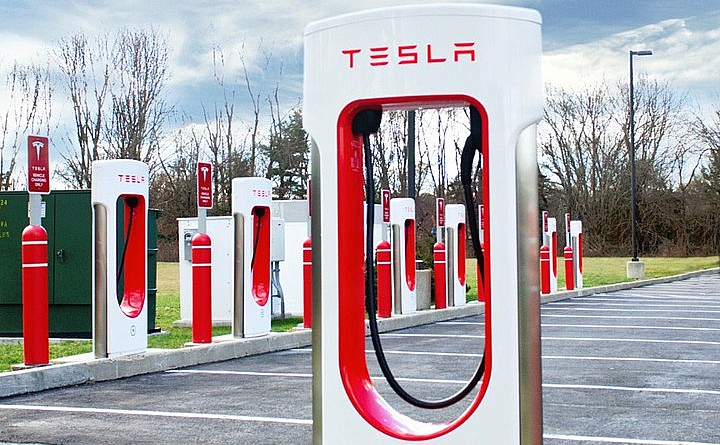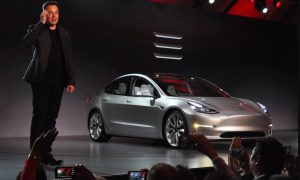As the Tesla Supercharger Network expands worldwide, it faces new legal challenges.
According to Electrek, Tesla’s Supercharger Network is facing some legal challenges in Germany, where the chargers do not meet current requirements for EV chargers. However, Germany is not the only location where the Supercharger Network faces issues, nor is Tesla’s charger the only one facing these problems.
Tesla’s Supercharger Network in Germany faces legal issues as the charger doesn’t display current output on an outside screen. While the Tesla app gives the vehicle owner access to this information, the German office of weights and measures has stated that it does not meet code as the charger must have a display of its own that shows the information. Tesla will be required to address this issue in the coming months. However, the chargers will be allowed to continue to operate.
Tesla’s charger isn’t the only one facing regulatory issues. Earlier this year, the German parliament passed a law requiring all EV chargers to accept physical debit and credit cards, meaning that systems that require you to use your phone would no longer be legal. This could require thousands of chargers to be retrofitted with physical card readers, but the government has stated that the regulation will not come into effect until June of 2023.
Outside of Germany, the Supercharger Network continues to face other challenges. In small towns (such as my own), Tesla has been unable to place charging due to building codes and zoning requirements that have yet to catch up to modern needs.
On a state and federal level in the US, despite expanding charging networks being a high priority, Tesla’s chargers have been omitted from funding to expand charging networks as the chargers can’t charge any EV (yet).
Nonetheless, as more and more people buy EVs, a viable charging network will be required to keep them on the road. Regulations will likely require changes, either by being more relaxed or becoming more organized to make the placement of chargers easier and less expensive. The change will likely not only be required at the national level in many countries but at the local level — where local mayors, board members, and other elected officials may remain skeptical of the future of electrified transport — as well.
What do you think of the article? Do you have any comments, questions, or concerns? Shoot me an email at william@teslarati.com. You can also reach me on Twitter @WilliamWritin. If you have news tips, email us at tips@teslarati.com!











